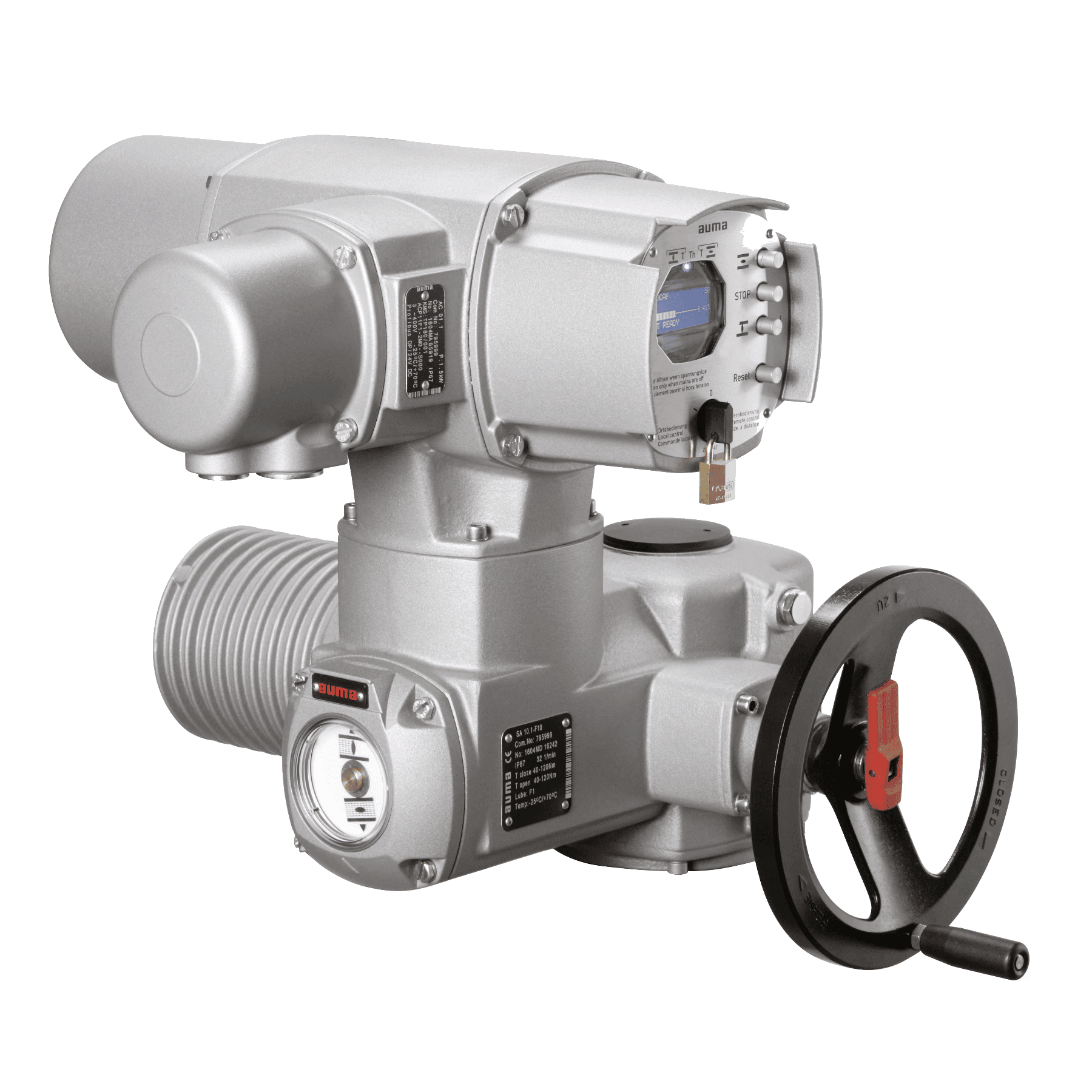What is a Valve Actuator Gearbox?
A valve actuator gearbox is a mechanical device that connects an actuator to a valve, allowing for controlled movement and positioning. These gearboxes are designed to amplify torque while maintaining smooth and reliable operation. They are commonly used in applications where manual operation would be impractical or require excessive force.
Valve actuator gearboxes are essential in industries such as oil and gas, water treatment, power generation, and chemical processing. They ensure that valves operate with precision, reducing the risk of leaks, inefficiencies, and operational failures.
Types of Valves Compatible with Actuator Gearboxes
Valve actuator gearboxes can be paired with a variety of valve types to enhance their functionality. Some of the most common valves that work with actuator gearboxes include:
- Ball Valves – These valves use a rotating ball with a bore to control fluid flow. They require high torque for actuation, making gearboxes essential for smooth and efficient operation, especially in large-diameter applications.
- Butterfly Valves – Featuring a disc that rotates around a central axis, butterfly valves are often used in applications requiring quick shutoff and minimal resistance. Actuator gearboxes help provide the necessary torque to position the disc accurately.
- Globe Valves – Designed for regulating flow rather than just shutting it off, globe valves benefit from gearboxes that ensure precise movement of the valve stem, allowing for accurate control over fluid flow.
- Gate Valves – These valves use a sliding gate to control the flow of media. Due to their high torque requirements, especially in large-scale applications, gearboxes are essential for ensuring smooth opening and closing without excessive manual effort.
Why Use a Valve Actuator Gearbox?
Using a valve actuator gearbox provides several advantages, including:
- Increased Torque Output – Gearboxes amplify torque from actuators, making it easier to operate large or high-pressure valves.
- Enhanced Precision – The controlled movement of the valve ensures accuracy in fluid regulation.
- Reduced Manual Effort – Gearboxes minimize the need for excessive human force, improving safety and efficiency.
- Longevity of Components – Properly selected gearboxes help extend the lifespan of both actuators and valves by reducing stress and wear.
Choosing the Right Valve Actuator Gearbox
Selecting the right actuator gearbox requires consideration of several factors:
- Torque Requirements – Ensure the gearbox can handle the torque needed for your specific valve type and size.
- Mounting Compatibility – The gearbox should align with both the actuator and valve interface.
- Operational Conditions – Consider environmental factors such as temperature, pressure, and exposure to corrosive materials.
- Gear Ratio – The right gear ratio ensures smooth operation and adequate force transmission.
Valve actuator gearboxes are essential components in automated valve control, providing enhanced torque, precision, and operational efficiency. Whether working with ball valves, butterfly valves, globe valves, or gate valves, selecting the right gearbox is crucial for ensuring smooth functionality and long-term reliability. By understanding your system’s requirements and choosing the appropriate gearbox, you can optimize performance and improve the efficiency of your fluid control processes.





























